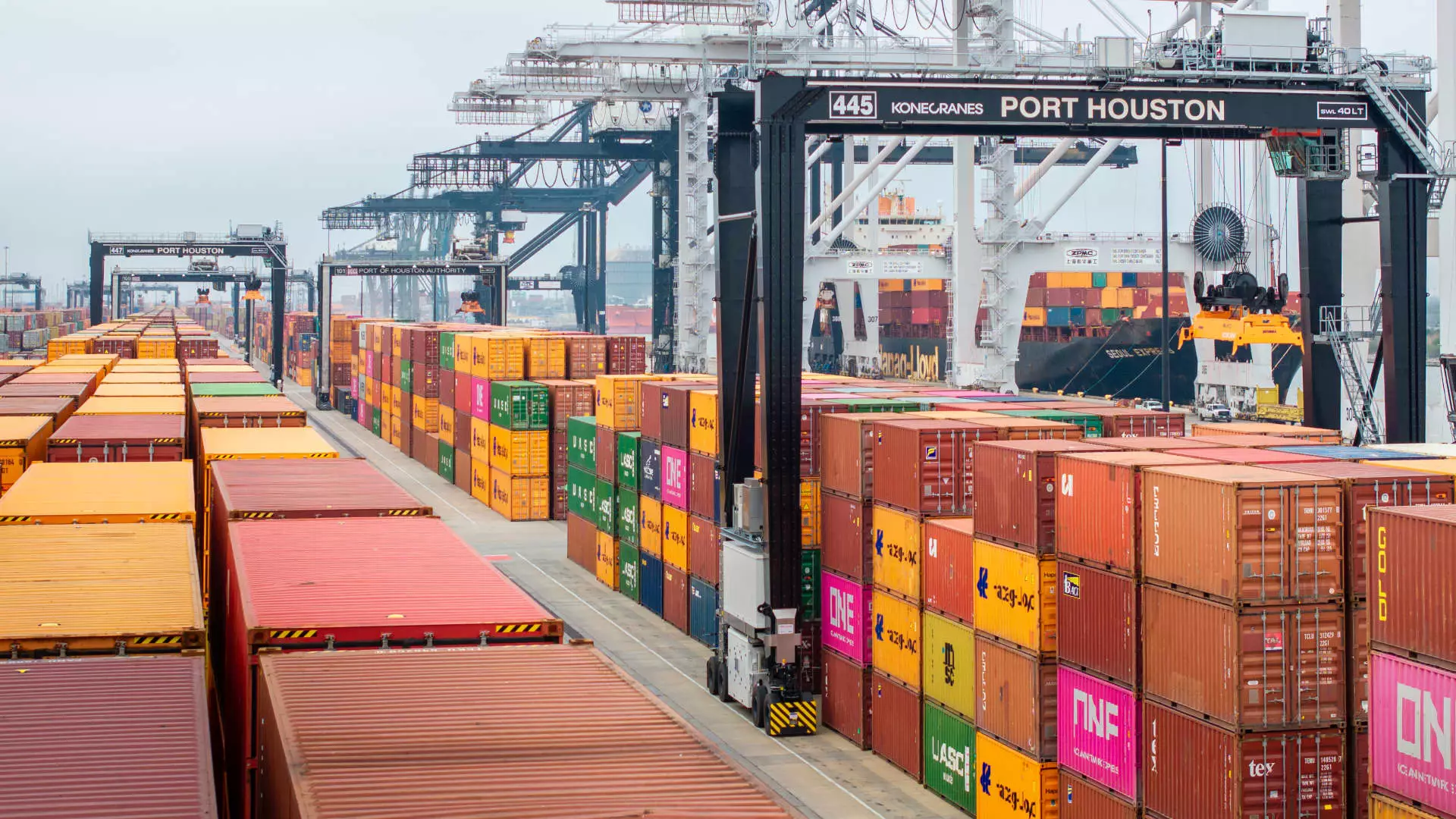In a world where fortunes are often perceived as unshakeable, the recent volatility related to tariffs has exposed the fragile reality family offices face. Wealthy families, who have built their legacies on long-term investments, are being forced to reconsider the immediacy of their financial strategies. This is not just about weathering a storm; it reflects a significant paradigm shift in how ultra-high-net-worth investors approach risk and uncertainty.
Tariffs imposed on key trading partners such as Mexico, Canada, and China may seem like distant economic blips, but for family offices, they represent a wake-up call. The S&P 500’s downturn—a 1.3% drop on a single day—serves as a stark reminder that economic policies can impact even the wealthiest. As the high-net-worth community collectively pauses their typical deal-making activities, it’s clear that there’s rising apprehension about the unpredictable landscape of global trade.
Reassessing the Risk Landscape
The common thread amid all this uncertainty is an inclination for caution over bravado. Family offices are known for their long-standing strategies, often rooted in the belief that investments should be held for generations rather than semesters. Yet, in light of recent events, many are opting to take a defensive stand. “Most families are hanging back and not making any big bets,” noted Michael Zeuner, a managing partner at WE Family Offices. This reflects an emerging sentiment: the need to retain liquidity and recalibrate investment portfolios rather than gamble on market fluctuations.
Even though ultra-wealthy investors possess the financial buffers to absorb short-term losses, they are not impervious to anxiety about future economic policies. The abrupt nature of tariff announcements has sent ripples of doubt through private deals, particularly those involving companies that engage in cross-border trade. A family office Chief Investment Officer recently disclosed that they halted due diligence on a promising investment solely because of unclear policy implications. This hesitation indicates a sentiment echoed throughout family offices—where clarity, or the lack thereof, becomes a pivotal factor in investment decisions.
Political Divisions and Investment Behavior
Navigating the financial landscape has never been more complicated, especially when political ideologies come into play. Investment advisors, such as Jason Katz from UBS, have identified a troubling trend: the questions and concerns of clients often reflect their political affiliations. While some remain calm and composed in light of the tariffs, others exhibit a prevailing anxiety that hinges on their political beliefs. This divergence raises crucial concerns about how effectively family offices can minimize risk when their clients might interpret the same economic shifts differently based on their worldviews.
It paints a portrait of an investor base that is not only wealthy but also deeply fragmented. This political dichotomy threatens to ripple through their investment strategies, which ideally should be grounded in empirical data rather than subjective beliefs. For family offices boasting sizable amounts of capital, the challenge lies not only in safeguarding wealth but also in fostering unified decision-making amid a backdrop of political discontent.
The Economic Reality for Wealthy Investors
The comfort that once accompanied the status of centimillionaires now seems shadowed by an unease surrounding the future. Deepak Puri, the Americas chief investment officer for Deutsche Bank, noted widespread concern about the possibility of a bear market—a scenario many wealthy investors wish to avoid. The surprising nature of recent tariff implementations makes it harder for ultra-rich clients to maintain their usual poise, as many of them have business interests directly affected by shifts in policy.
There exists a cognitive dissonance where wealth shields individuals from immediate financial fallout, yet the anticipation of economic turmoil can instill fear in even the most seasoned investors. Family offices, which have thrived on long-planned investment strategies, now face the prospect of adapting to an environment riddled with unpredictability.
The recent market volatility brought forth by new tariffs serves as a pivotal reminder that no financial fortress is entirely immune to external shocks. Family offices, with their complex history and expectations, stand at a crossroads as they ponder how to navigate a world where both financial and political uncertainties loom large.


Leave a Reply